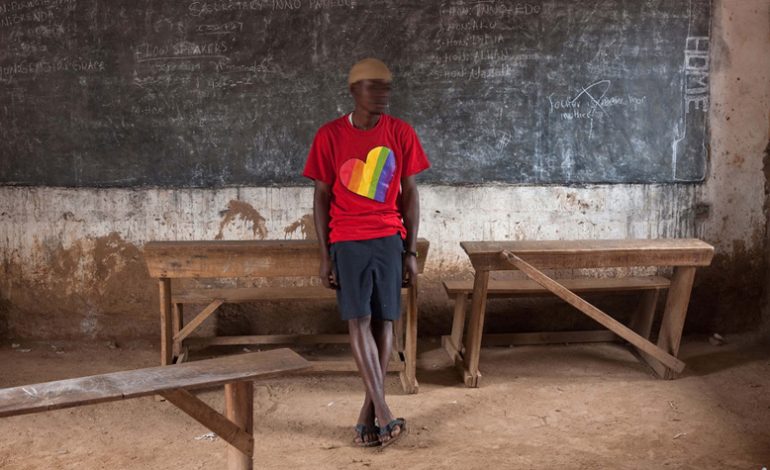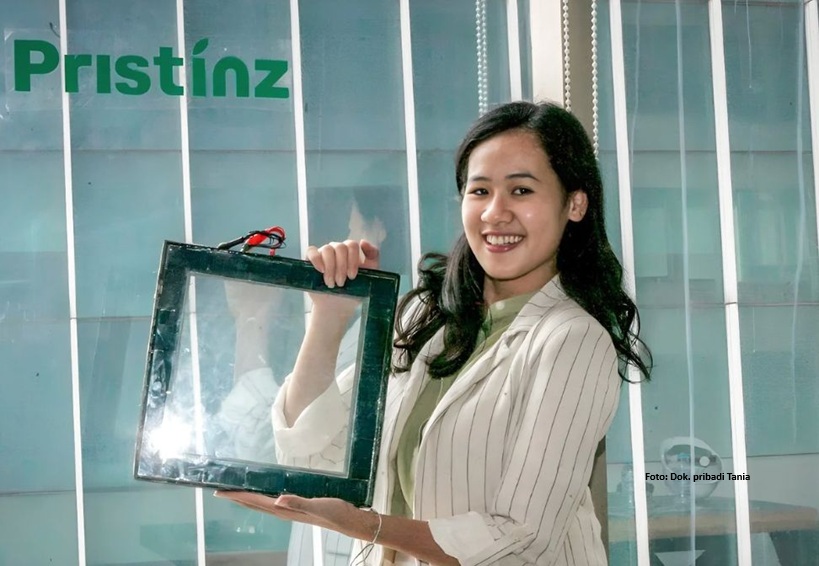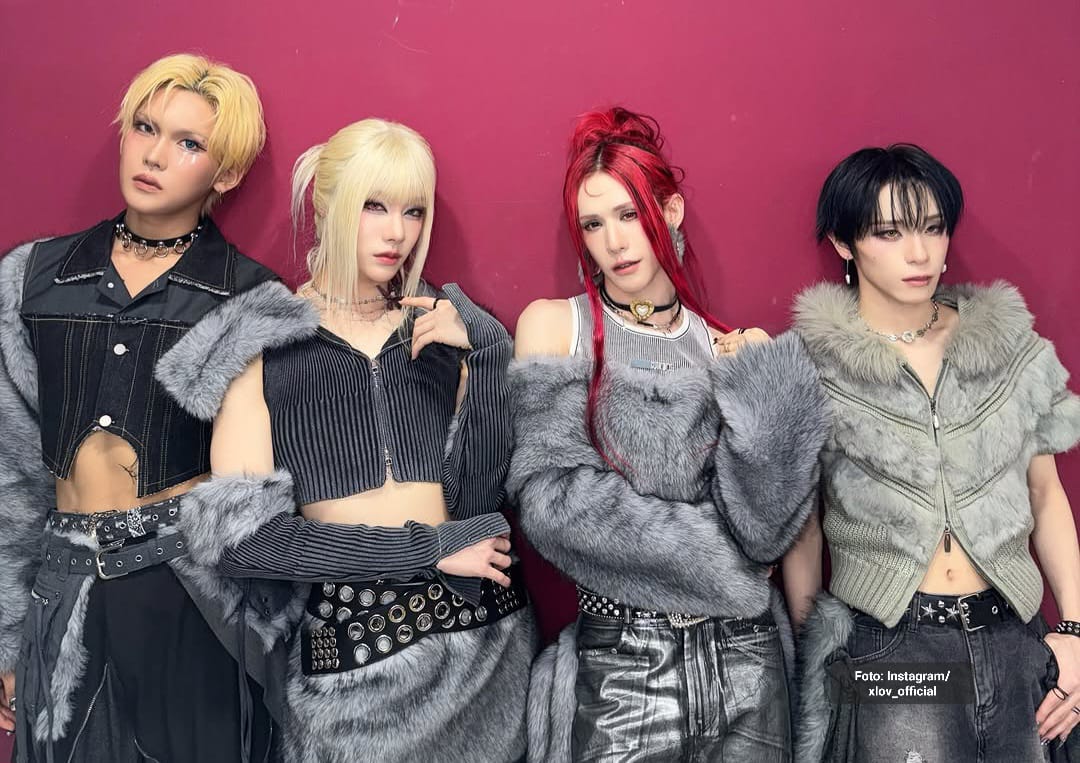Reformasi: Where Are We Now?

May 1998 is celebrated as the birth of reforms in Indonesia, ending three decades of President Soeharto’s authoritarian regime. But 16 years since the country’s democratization process began, a lot remains to be done that some question whether the Indonesia of today is better or worse than before the Reformasi. We asked two important figures who were involved during the 1998 political upheaval to share their thoughts on where Indonesia is now.
Journalist Nezar Patria was an activist in 1998. He was kidnapped and taken hostage and abused for several days. He described his experience in details in this account.
1. What are you most happy about the reforms movement?
Reforms is a big bang phenomenon where fundamental power has changed in Indonesia. Two legal changes must be noted: one is a political regulation that gives an equal access for everyone to set up a political party, which was impossible in the past; and, two is the freedom of press. These two regulations are the turning point between the old and new regimes. Now we continue to fully enjoy freedom of press, in which everyone can set up a media without having to obtain the repressive SIUPP (licensing system) of the New Order. The press now enjoy considerable freedom following the Indonesian Press Law No. 40, 1999. Anybody can set up their own media, express their opinions freely.
But many people are not entirely satisfied by reforms as corruption remains rampant, and human rights issues of the past were never resolved. These are notable disappointment. Yet, we must admit the fact that we can demand to seek for the truth relentlessly is only possible under a democracy.
2. What are your regrets about what’s been happening since?
The relationship between politics and business are getting closer and closer. This is an impact of reforms, and the political system is gradually alienating the public. Politics are getting too intimate with business and it continues to overlap. We see many businessmen joining political parties. They became chairman of political parties as well as media owners, giving rise to conflicts of interests.
Politics should be about providing services to the people, yet what is happening now is contrary. The people’s demand to give back the political system to the public becomes more forceful. That is why we see such enthusiastic support for Jokowi, and why the populistic theme adopted by Gerindra and Prabowo appeal to the people. There is a sense of longing to restore politics back to the people.
3. Do you still have faith in the Indonesian politics?

I try not to be pessimistic with what has been happening. Corruption is done parliament members, budget committees and so on. It is an excess of liberal politics where funding for election campaign is costly and there are efforts to retrieve the money through corruption when they are in power.
Almost all political parties are involved in corruption acts and we should take a good look at this phenomenon. Is the election system good enough? Does it actually give more negative than positive impacts? Of course there is no perfect system, but under the existing system, we have seen tremendous vote buying and manipulations at the bottom level. A candidate running for parliament can spend between 10 to 15 billion rupiah.
Vote buying and briberies are hurting democracy because it teaches the public to be irresponsible with their votes. There are also too many corrupt and fascist political parties that never delivered their promises, making people apolitical and eventually opportunistic. It is appalling and it is damaging the character building of a nation.
Faisal Basri was a lecturer at University of Indonesia in 1998. He is a noted economist and is one of the founding members of the National Mandate Party, though he has since left the party. He ran for Jakarta Governor election in 2012 as an independent candidate.
1. What were you doing during the reforms movements?
During the political upheaval period that led to the reforms movement, I was a lecturer at the Economics Faculty at the University of Indonesia and head of the Economy and Development Studies Department. I gave a speech at the first student protest at the University of Indonesia. On top of a car roof, I firmly declared that our enemy was Soeharto. University Indonesia students often asked for my inputs, they occupied the parliament building and they spearheaded the force to remove Soeharto from power.
We intensively held discussions and made preparations on further steps for post-Soeharto era. Along with Goenawan Mohammad, Sandra Hamid, Santoso Syamsuddin Haris, we set up a monitoring team for the new Cabinet that was declared by Soeharto. We asked Amien Rais to be the chairman. But, the monitoring team didn’t last, as it soon became irrelevant.
Everything was developing very quickly and Soeharto was on the edge of destruction. We then set up Majelis Amanat Rakyat (People’s Mandate Council) or MARA, which was declared on the first day of the turbulent period in the capital city. I was one of the declarators. The National Mandate Party was the offspring of MARA.
2. What are you most happy about the progress since Reformasi?
The most gratifying is freedom. It is invaluable. Now disagreement or differences are solved through democratic mechanism. Our democracy is far from a perfect one. Our duty is to strengthen political and economic institutions through democratic mechanism, transforming from extractive political and economic institutions into a more inclusive one.
3. What are your regrets about what have transpired post-reforms?
Democracy doesn’t happen in one day. It needs to be nourished. If there’s any regret perhaps it is the presence of the New Order regime after the fall of Soeharto as they continue to be a strong force. For decades their presence is rooted in the economic chain and logistics under corruption, collusion and nepotism. And unfortunately the reformist was not a collective and united movement. In the beginning, they were very compromising, which led to the failure to limit the powerful force that disarrayed Indonesia.
Post-reforms, Akbar Tanjung became the head of parliament, and others also managed to get ministerial posts. In the 1999 election, Golkar obtained the second-highest position and in the next election in 2004, they won. Certainly their presence remains strong. They had strong logistics network and a long list of political experience. If at the time the reformists were united and uncompromising, real change could happen without vested interests of the old power that has deep roots in this country.
4. Are you planning to join the political arena again in the future?
I am one of the founders of PAN and the first secretary general. My time there lasted for two years. In the beginning of 2001, I submitted my resignation from the party. Yet, my interests in politics doesn’t slow down, it is growing stronger, even without a political party vehicle. I set up a political organization called Indonesia Movement several years ago. Our mission is to strengthen the civil society. We want to polish young political candidates to balance out those who graduated from political parties. Many of them later joined political parties with flying colors.
I, too, am proud to be a part of a strong independent political movement. We produced independent candidates running in gubernatorial, mayor and district-level elections, after the Constitutional Court made a landmark decision to allow independent candidates run in local elections. I also ran as an independent candidate for the Jakarta Governor election. We felt that we won as a counter to powerful political parties to muffle the practice of money politics and propose fresh and alternative ideas.
Someone must stand outside the fence of the political parties arena and deliver a forceful voice for a real change. We must enrich our democracy with substantive democracy that works to improve the welfare and to provide justice for the Indonesian people.
Follow @sirimski on Twitter






















